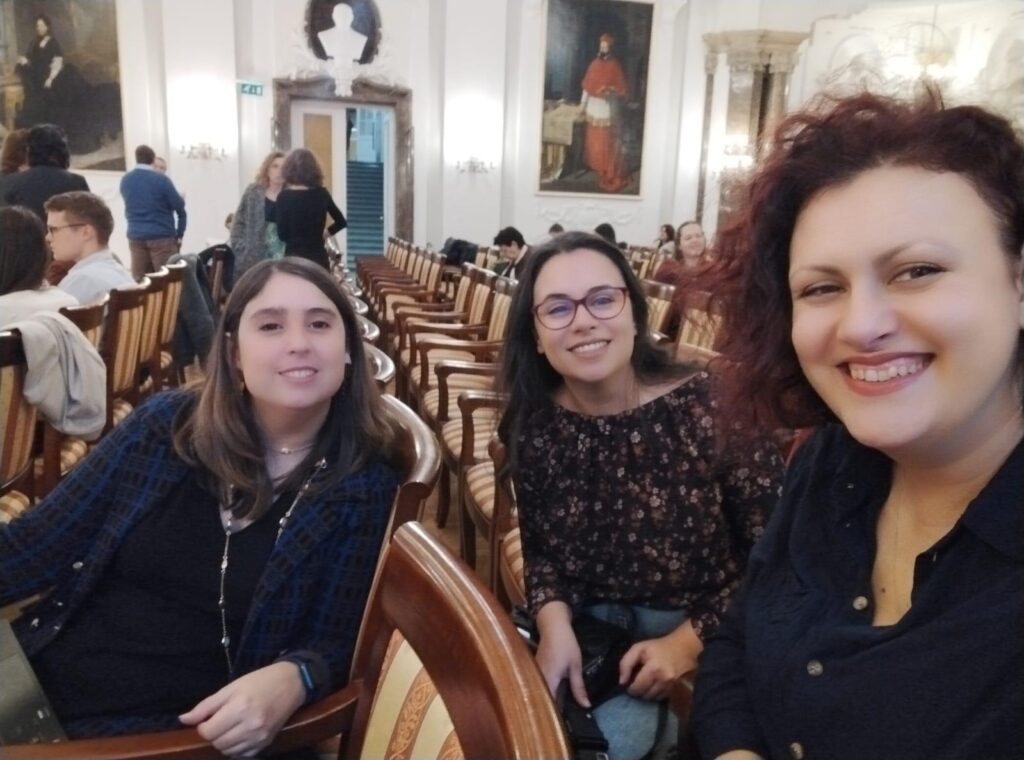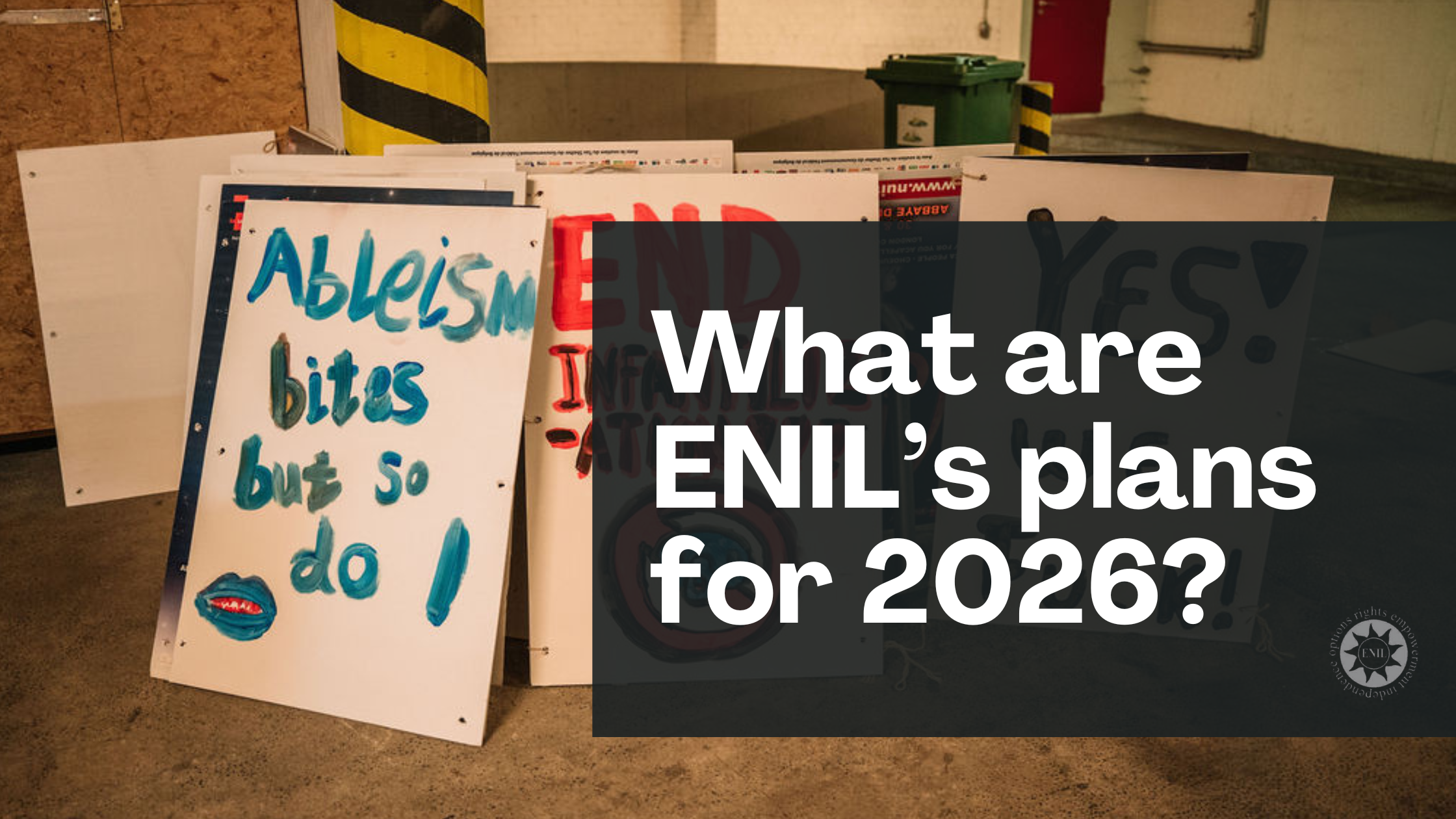Insights from the November 2024 Conference in Budapest
On November 20, 2024, Adela Santos Lavigne, ENIL’s project coordinator at LITI-GATE’s project and advocate for accessible legal practices, presented at the International Conference “Justice that Works” in Budapest. The event, organized by Validity and ELTA University, brought together experts from various sectors to discuss pressing issues related to disability rights, child rights, and gender equality.
During her session, Adela shared valuable insights on how legal professionals can create inclusive spaces for clients with disabilities, particularly neurodivergent clients, within the legal system. With a focus on empowering clients through accessible communication and supportive environments, the presentation highlighted how adapting legal practices can bridge the gap between clients with disabilities and the justice system.
Interactive and Engaging Session
Adela’s session wasn’t just a one-way presentation—it was highly interactive. Participants were actively encouraged to reflect on their own practices and consider how they can make their legal services more inclusive. Through thought-provoking questions like “How does it feel when a simple mistake or misunderstanding causes frustration? How does this reflect the challenges faced by clients with disabilities?” Adela made the audience think critically about the emotional impact of inaccessible legal practices.
Real-life case studies were presented, including a scenario about Maria, an autistic woman struggling with complex legal language, and John, a client with ADHD and Borderline Personality Disorder (BPD) who found it difficult to understand legal agreements. Adela emphasized that small adjustments, such as clear, jargon-free communication, accessible formats, and extra time for responses, can significantly improve a client’s experience and their ability to engage meaningfully with the legal system.
Key Takeaways: Building Trust and Empowering Clients
The core message of the session was simple but profound: accessibility builds trust. Adela pointed out that, often, clients with disabilities are hesitant to ask for help due to a lack of accessible information or fear of being misunderstood. Legal professionals, therefore, must take proactive steps to create environments where clients feel safe, empowered, and confident in their ability to participate in legal proceedings.
The audience was encouraged to incorporate accessibility into their everyday practices, ensuring that they are not only complying with legal requirements but also empowering their clients to engage fully with the justice system.
Looking Forward: A Call for Continued Action
Adela’s call to action resonated deeply with the attendees, many of whom expressed a desire to explore how they can integrate accessible legal practices into their own work. The session provided an excellent opportunity for reflection and growth, reinforcing the importance of collaboration and continuous learning to create more inclusive legal systems.
As ENIL continues to champion the rights of people with disabilities, events like this highlight the critical role of accessibility in promoting justice and empowerment for all.




